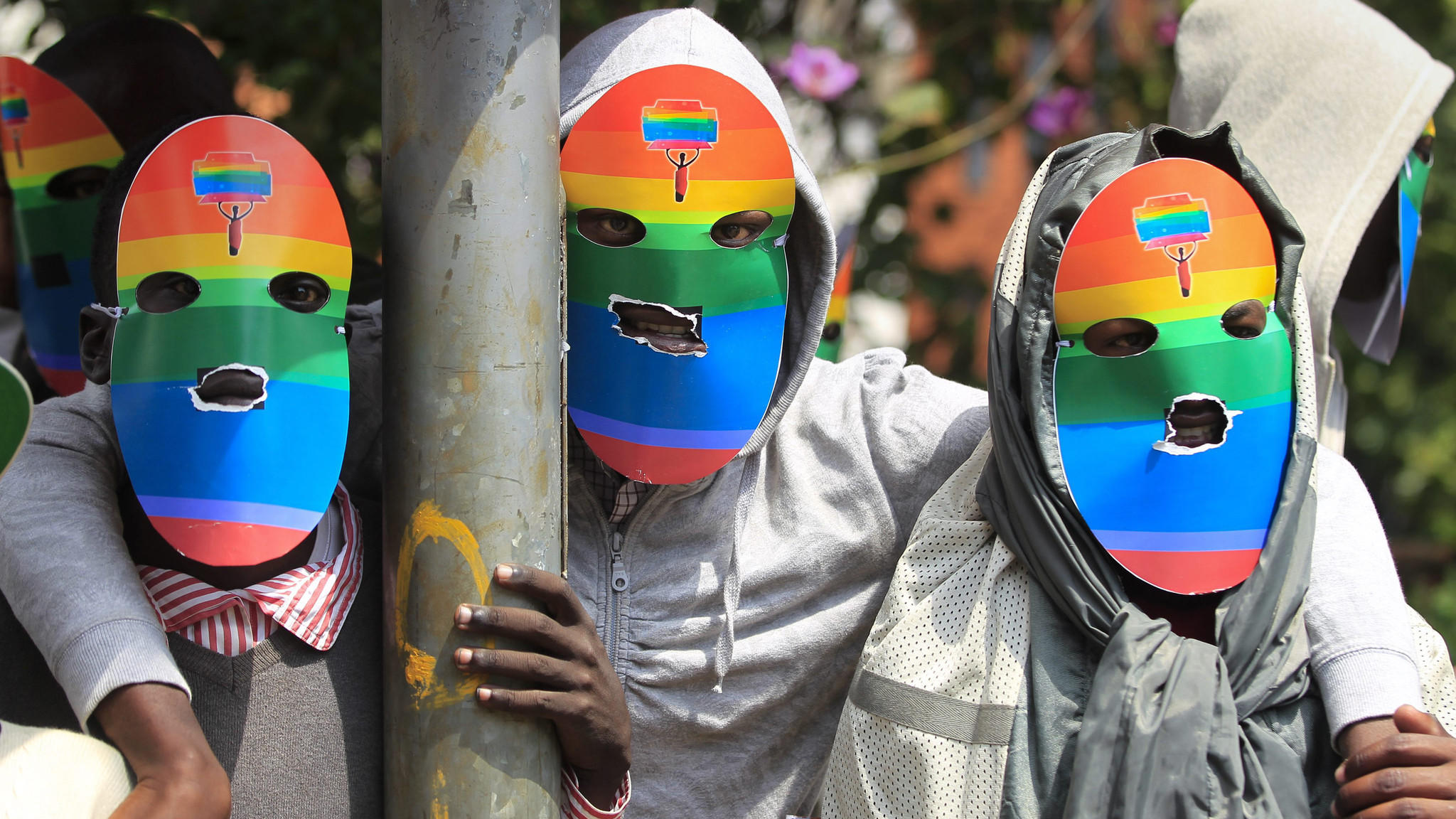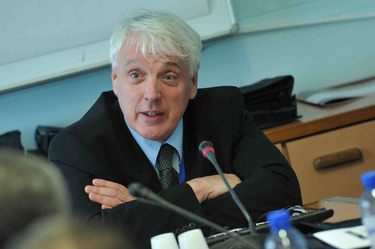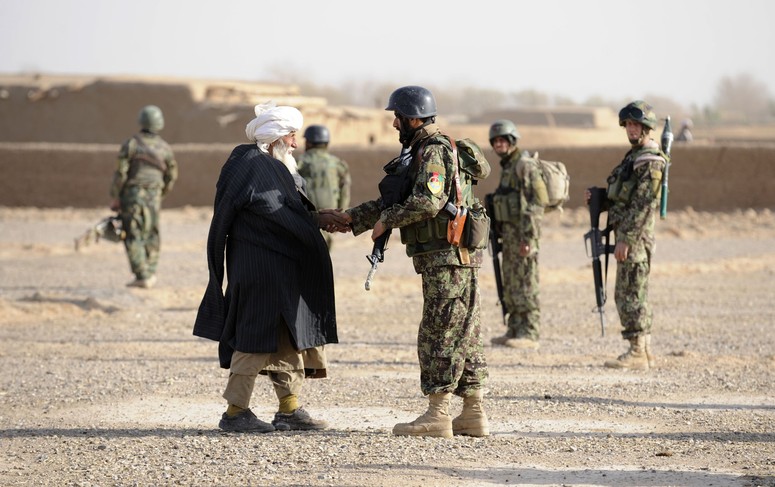Immigration Canada has recently found itself at the centre of a heated controversy. The agency had refused to issue travel visas to nine Ugandans presenting at the World Pride Conference in Toronto this June. The latter individuals had hoped to share their experiences of discrimination in Uganda and shed light on the globe’s poorly documented LGBTQ demographics and asylum statistics. Pressured by numerous gay rights advocates and a powerful media backlash, immigration officials have recently altered their decision and offered the nine delegates the opportunity to re-apply for their visas.
Over 80 countries criminalise homosexuality. Although Uganda is, allegedly, not one of the half dozen countries who call for the death penalty in cases of “extreme” or “aggravated homosexuality”, it does call for life imprisonment. Even heterosexuals who attempt to “aid or abet” homosexuals in Uganda can expect to be imprisoned for 7 years.
Critics of Immigration Canada’s decision claimed that the Harper government was being hypocritical. After all, Canada was one of the first governments to voice their opposition to Uganda’s anti-LGBT legislation earlier this year. The immigration department defended themselves by stating that, although they understand that people are unhappy with their decision, the onus is on the applicant to prove that they meet the requirements.
“Decisions are made by highly trained public servants”, the agency stated, “all applications from around the world are assessed equally against exactly the same criteria, regardless of their country of origin …Visa officers look at many factors in assessing whether an applicant is a genuine temporary resident”
In eight of the nine applications submitted by the Ugandan presenters, officials concluded that the World Pride Conference was not a legitimate enough business purpose in Canada. In six of the applications, officials equally determined that the individuals did not have sufficient funds to “carry out [their] stated purpose in going to Canada or to maintain [themselves] while in Canada and to effect [their] departure” — and this in spite of the conference’s offering accommodations and financial assistance.
The conference, taking place at the University of Toronto from June 25 to 27, will have 160 speakers and 400 delegates from over 40 countries attending. No other visitor has had any difficulty in obtaining a visa. Nor were any difficulties experienced in 2006, during the International Aids Society Conference, also hosted in Toronto. Attendees of the latter event often came from countries in states of violent internal conflict, and were personally in poor financial and health situations. Several individuals might have even had legitimate grounds to claim refugee status! And yet no visitor visas were refused to any of them.
Why are these Ugandans being confronted with such antagonism? Having come from the most hostile place in the world to LGBTQ people — a place that we openly denunciated — are they not deserving of our attention and assistance? What is so daunting about allowing them to claim refugee status? All nine of them would be easily eligible, provided that Canada be the first country they enter upon leaving Uganda.
Every single day, Canada reaps substantial benefits from its large and highly skilled immigrant population. Starting in 2012, however, significant changes were made to immigration and asylum policies via Canada’s implementation of the “Protecting Canada’s Immigration System Act” (Bill C-31) and “Balanced Refugee Reform Act”. Both acts contained new cost saving measures and measures aimed towards preventing false claims from applicants seeking to game the system.
There is no denying that reasonable limitations on the number of immigration and refugee status claims do help the Canadian economy. Only those who truly need protection from persecution should be entitled to help. However, these aforementioned changes, mandated only to reduce costs and fraud levels, should not bar nine people from temporarily entering the country to attend a conference whose cause Canada has personally endorsed. As far as “economic ramifications” are concerned, asylum claims citing persecution for one’s sexual orientation are relatively few and far between. Most of the latter applications are filed individually, as a couple or as a small, nuclear family unit. Granting refugee status to applicants from this particular social group would therefore result in minimal economic strain.
Asylum seekers fleeing persecution on the grounds of sexual orientation are not considered “as serious” as those fleeing persecution on the grounds of ethnicity, gender, or political belief — a reaction perhaps linked to history’s better documentation of one kind of discrimination over the other.
The Western World unanimously advocates LGBTQ rights — to the point where the latter’s inclusion in the Canadian human rights charters is now considered a given, and will soon be inevitable in America. However, these countries do not necessarily realise how this particular stance renders them an ideal immigrant destination for persecuted LGBTQ individuals around the world. Many Canadians are vaguely aware of oppression that members of LGBTQ communities have faced abroad. However, when introduced to an LGBTQ immigrant fleeing state-sanctioned persecution, few really understand that the latter faced much more than the “Western” stereotype of severe high school bullying.
Asylum seekers fleeing persecution on the grounds of sexual orientation are not considered a s serious a concern as those fleeing persecution on the grounds of ethnicity, gender, or political belief — a reaction perhaps linked to history’s better documentation of one kind of discrimination over the other.
Russia inadvertently brought the global issue of LGBTQ rights into mainstream consciousness during the Sochi Olympics earlier this year. Canadians were particularly critical of the country’s LGBT rights record and took part in the media backlash against Russia. Only a handful of restrictions were applied to the media. For instance, some depictions the violent hate crimes were not aired on TV in the Western World so as to not traumatise audiences and protected those individuals depicted. Given the aforementioned visa denial case, the question that now arises is: to what extent is Canada ready to face the same kind of media scrutiny that Russia was forced to deal with?





